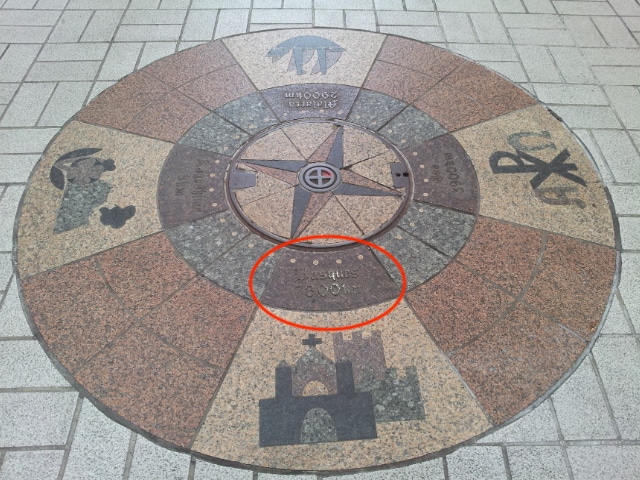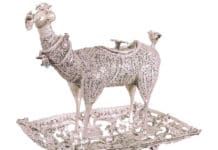This article was translated by John R. Bopp
Brought up by the choice of the new Pope to call himself Francis, several media outlets have been recalling the figure of Francis Xavier, a Jesuit, like the newly elected Pope, and a saint who they keep calling Spanish.
We can imagine what the Jaso family, that Francis Xavier was born into, would think if they read these reports, and can we imagine what his brothers, the heroes of Amaiur, or his father, who died in exile after the Castilian invasion, or his mother, who wrote to her missionary son in Basque and who had to watch Castilian invaders destroy her castle, would say.
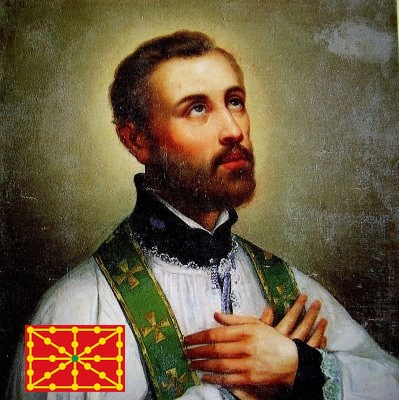
We’re not going to go too deeply into any explanations: St. Francis Xavier was Navarrese, and therefore Basque. He was never Spanish. For two reasons: first, because Spain did not exist at that time and second, because he was Navarrese. We can’t imagine any South Americans calling Bolívar or St. Martín Spanish, even though they were born in the territory of the Crown of Castile. Their struggle for independence gave them a new nationality, a South American one, one that cannot be attributed to any one country and therefore is to them all. Why then are some bound and determined to call a Navarrese a Spaniard when that Navarrese was born in an independent kingdom and belonged to a family that handed over their wealth and their lives defending the freedom for that part of the Land of the Basques against the kingdom that would turn into Spain? It must be the same people who are determined to call Muhammad XII of Granada, the last emir of Granada, a Spaniard.
The Uruguayan daily El País had this to say about the Basque saint:
His full name was Francisco de Jasso Azpilcueta Atondo y Aznares de Javier. He was born near Pamplona, Spain, in 1506, into a wealthy family on the decline.
Of course they were “on the decline”! They had lost everything to defend their kingdom against the invasion. Why this lack of respect for history, as well as the memory and will of those people?
As can be seen here and here (in Spanish), this erroneous interpretation of the story of this Navarrese figure is not exceptional, but rather a constant in the tendency of the Kingdom of Spain to appropriate all the symbols of the Southern Basques.
By the way, December 3, the day that we commemorate this Basque saint, is also the Day of the Basque Language. This date was chosen because this man habitually wrote in his mother tongue, the language of the Basques, the people to which he belonged.
Update
We know that, in Japan at least, they know Francis Xavier is of Basque origin, as can be seen near the St. Francis Xavier Cathedral in Kagoshima, where the explanatory text explaining the cathedral clearly defines his origins.


The Life of Francis Xavier (Francisco de Javier) 1506—1552
Francis Xavier was born in the Kingdom of Navarre, Northern Spain (Basque) in 1506. He studied at the University of Paris and was a founding member of the Society of Jesus (Jesuits). Appointed apostolic delegate for Asia, he left Lisbon, Portugal in 1541 and worked in India and Malacca. In 1547, he met a young Satsuma man named Anjirō or Yajirō, who told him about Japan. Xavier reached Kagoshima in August 15, 1549 and was given permission to preach by Lord Shimazu Takahisa. He stayed in Kagoshima for a year. Wanting to preach throughout Japan, he made his way to Kyoto, but he was unsuccessful there. He preached in Yamaguchi and Ōita on his way back, and after a short stop in Tanegeshima, left Japan for India at the end of 1551. His ultimate purpose was to evangelize the Chinese, but waiting for the chance to enter the mainland China, he died on Shangchuan Island on December 3, 1552. This dome commemorates Xavier’s landing at Kagoshima and illustrates his life.
The dome illustrating his life is quite clear about that, as can be seen:
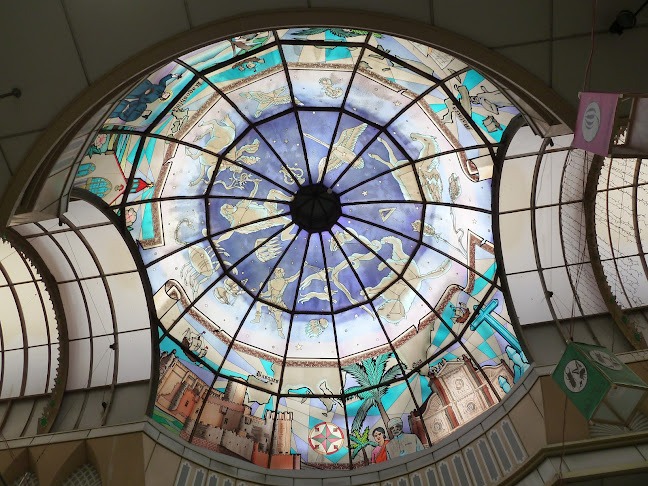

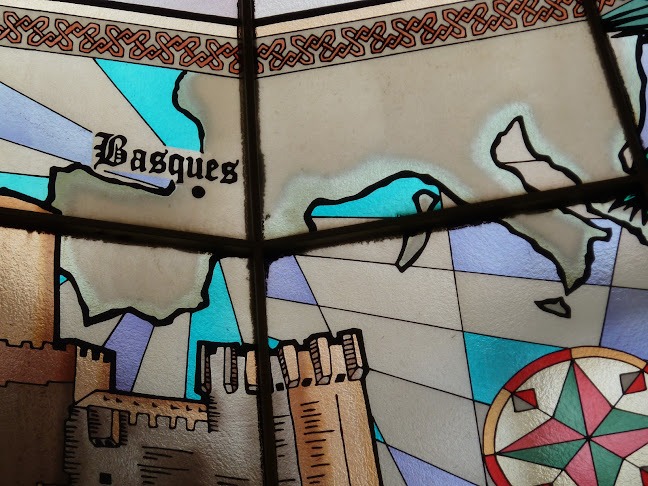

Wind rose referring to the saint’s homeland
Thank you, John R. Bopp, our English-language editor, for these photos from his trip to Japan.
El País – 14/3/2013 – Uruguay
Francisco es un nombre que puede ser un indicio
“¿Quo nomine vis vocari?” (“¿Con qué nombre quieres ser llamado?”), preguntó el cardenal Giovanni Battista Re al nuevo Papa, en nombre de todos los electores. El cardenal Jorge Mario Bergoglio respondió: “Vocabor Franciscum” (“Me llamaré Francisco”).
(Continue)
———————-
El Observador – 14/3/2013 – Paraguay
En el nombre del papa
San Francisco Javier nació en 1506 en Navarra, España, y murió en 1552 en la isla de Sanchón Sancián, en China. Era un sacerdote misionero, jesuita, y realizó su labor en el Lejano Oriente, donde trabajó en la evangelización de la India y de Japón. Ha sido llamado “el gigante de la historia de las misiones” y el papa Pío X lo nombró patrono de las misiones extranjeras.
(Continue)
Last Updated on Dec 3, 2021 by About Basque Country



